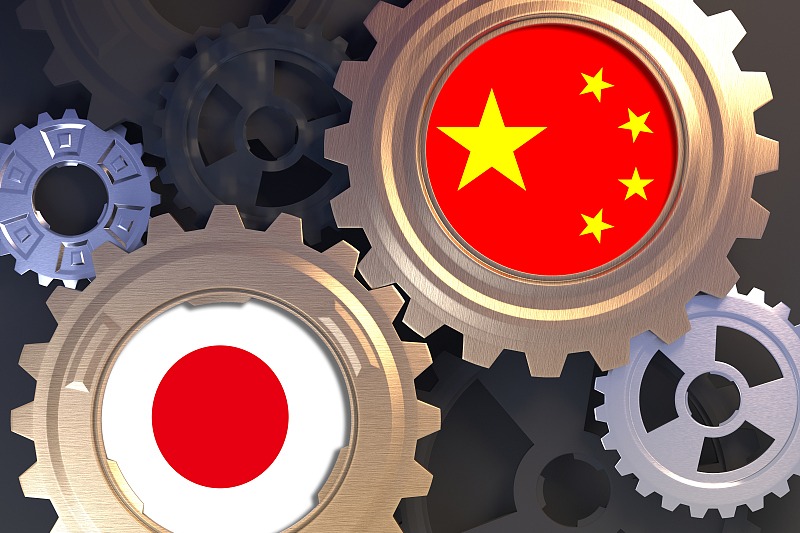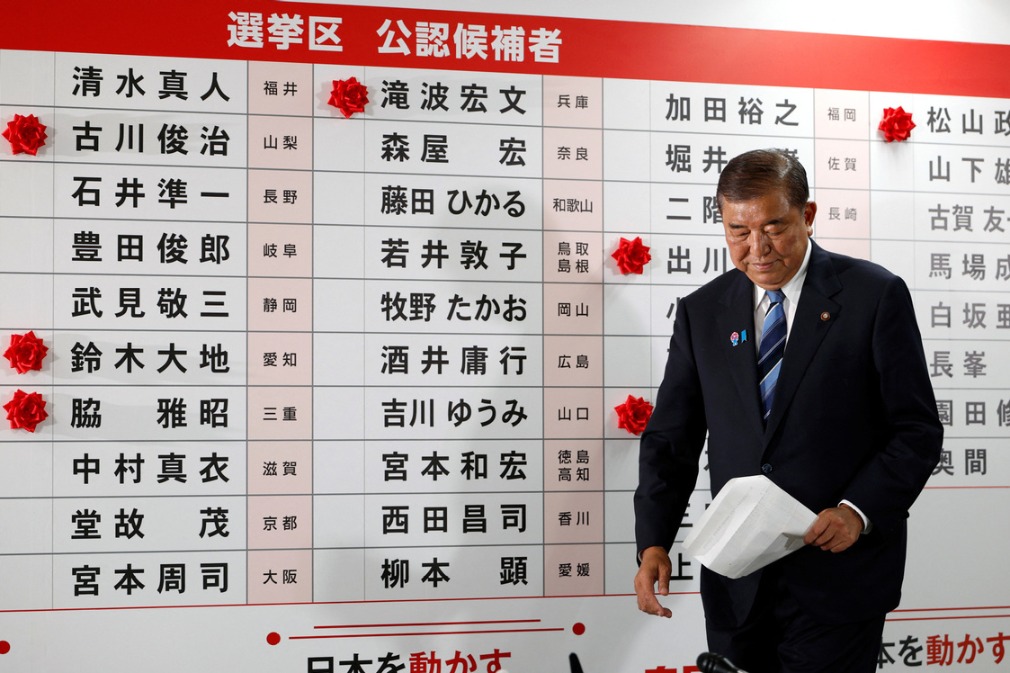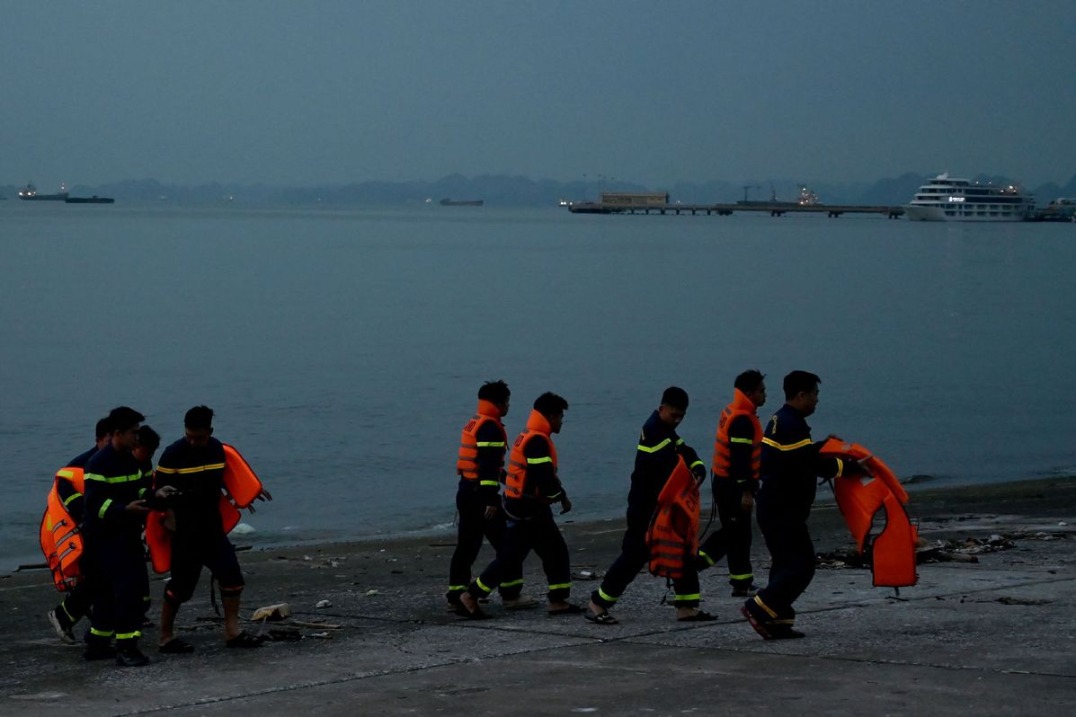Summit a key moment for China-EU ties
Summit: Translating dialogue into outcomes seen as priority





Marking the 50th anniversary of the establishment of diplomatic ties, the 25th China-EU Summit, to be held on Thursday in Beijing, will offer a critical opportunity to deepen strategic communication, promote win-win cooperation and provide certainty and stability in a turbulent world, officials and analysts said.
President of the European Council Antonio Costa and President of the European Commission Ursula von der Leyen will visit China on Thursday and meet with President Xi Jinping.
Premier Li Qiang will co-chair the summit with the European Union leaders on the same day.
Foreign Ministry spokesman Guo Jiakun said on Monday that as China and the EU are major forces in building a multipolar world, two big markets that support globalization, and two great civilizations that advocate cultural diversity, the upcoming China-EU Summit is of great significance and is receiving international attention.
"China, as always, believes that after 50 years of development, China-EU ties have accumulated enough experience and positivity, which enables the two sides to navigate difficulties and challenges in an ever-changing world," he said.
According to a news release by the European Council on Friday, Costa described the summit as an opportunity to engage with China at the highest level and have frank, constructive discussions on issues that matter to both sides.
"We want dialogue, real engagement and concrete progress. We aim for a fair, balanced relationship that delivers for both sides," he was quoted as saying.
The meeting comes as global trade frictions heat up and follows a series of high-level bilateral exchanges to secure closer economic and political ties.
Official statistics showed that annual bilateral trade jumped from $2.4 billion in 1975 to $785.8 billion in 2024, while two-way investment has grown from nearly zero to $260 billion. People-to-people exchanges are more frequent, and effective coordination and cooperation is taking place in climate response and other areas.
In July, the 13th China-EU High-Level Strategic Dialogue and the sixth China-EU High-Level Environment and Climate Dialogue were held in Brussels and Beijing, respectively. Additionally, China and the European Parliament agreed to simultaneously and comprehensively lift previous restrictions on mutual exchanges, highlighting both sides' recognition of the importance of dialogue and cooperation.
However, the relationship does face some challenges, said Guo, the Foreign Ministry spokesman, noting that some in the EU have played up the "partner-competitor-rival" characterization of bilateral relations, exaggerated specific economic and trade issues, and groundlessly accused China on the Ukraine issue, which has caused unnecessary disruptions to bilateral relations.
"The European side should avoid obstructing the mainstream of cooperation, exaggerating competitive factors or resorting to unilateral restrictions, which could aggravate tensions," said Cui Hongjian, director of Beijing Foreign Studies University's Center for European Union and Regional Development Studies.
"Both sides should stay focused on their original intent of cooperation, build consensus and work to translate dialogue into concrete outcomes to boost confidence in the ties," he added.
Jian Junbo, director of Fudan University's Center for China-Europe Relations, noted that China and the EU share a strong commitment to multilateralism, support the authority of the United Nations, and are working together to tackle global challenges such as climate change and terrorism through multilateral means.
Gerhard Stahl, former secretary-general of the European Committee of the Regions, emphasized that both external pressures and internal populist movements are threatening European democracy and integration.
"Against this backdrop, the summit will help reset relations under new international conditions," he said.
Alberto Alemanno, the Jean Monnet professor of EU law and policy at HEC Paris, said China was not Europe's strategic priority, but that's changing rapidly as global power dynamics shift and the EU realizes that it urgently needs a coherent China strategy.
While the United States reshapes the world order it once built, China is constructing its own alternative framework, he said, adding that this leaves Europe facing a fundamental choice between pursuing deeper economic integration with China or maintaining geopolitical distance to satisfy US expectations.
Contact the writers at
zhaojia@chinadaily.com.cn




























